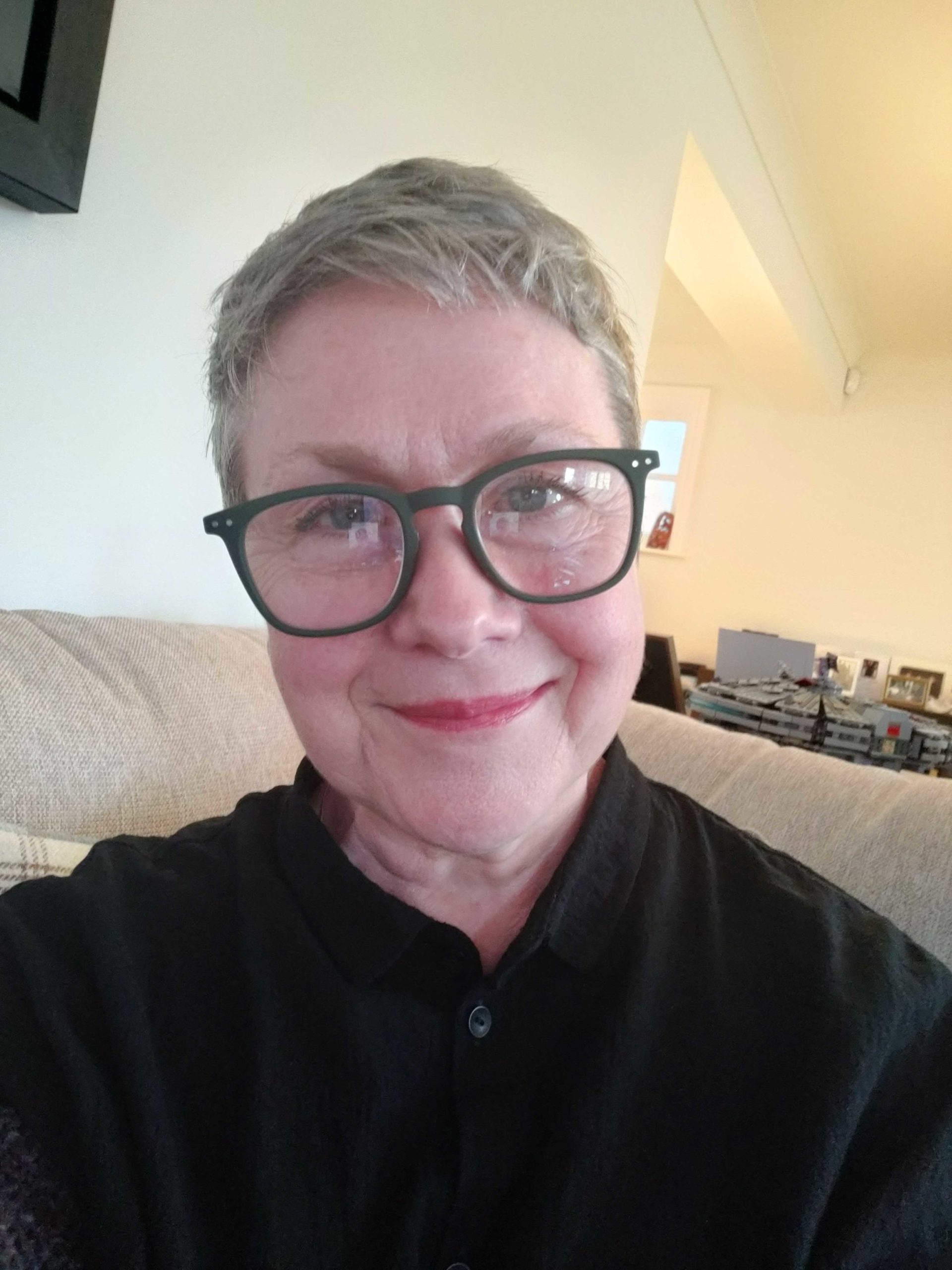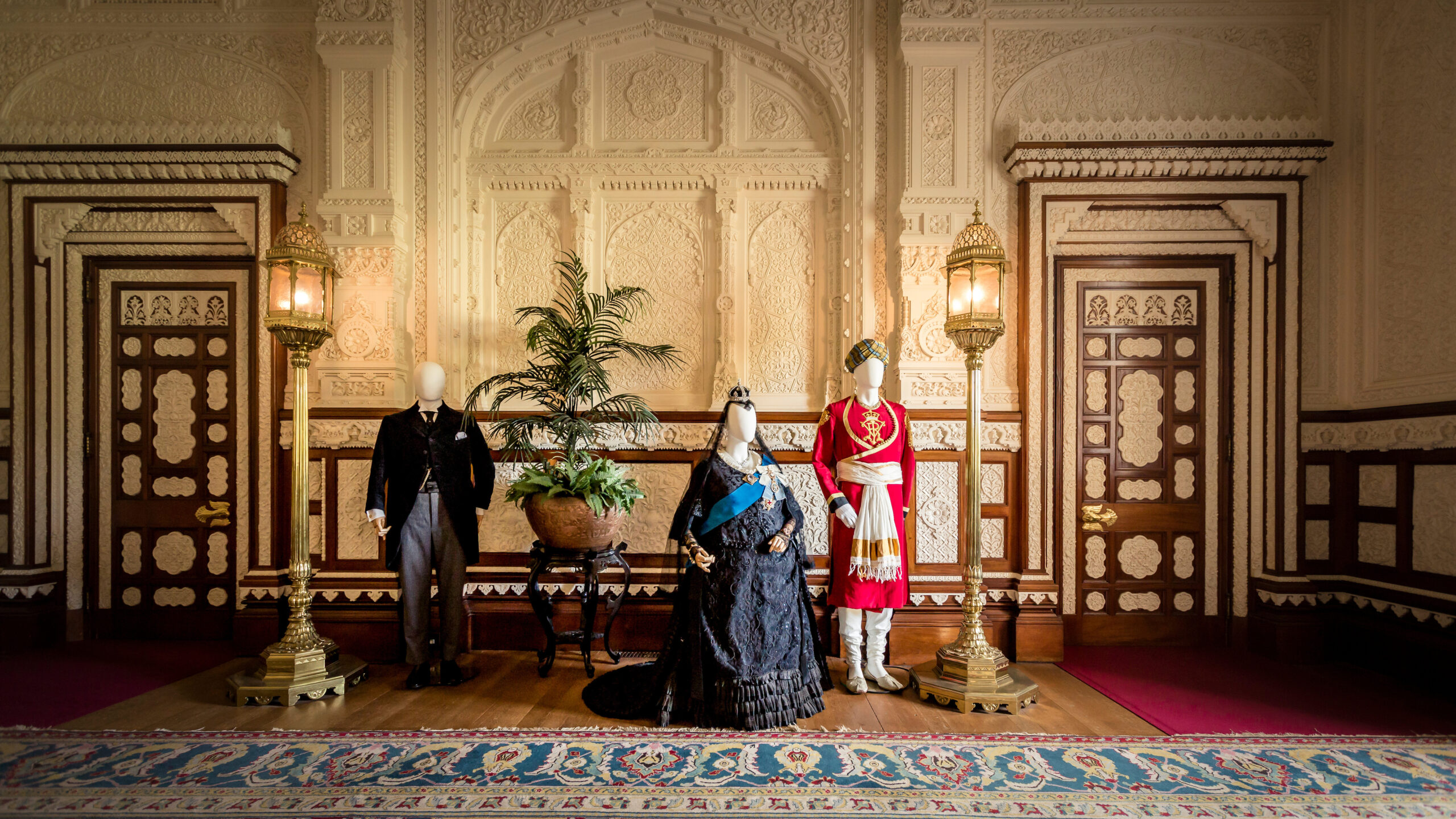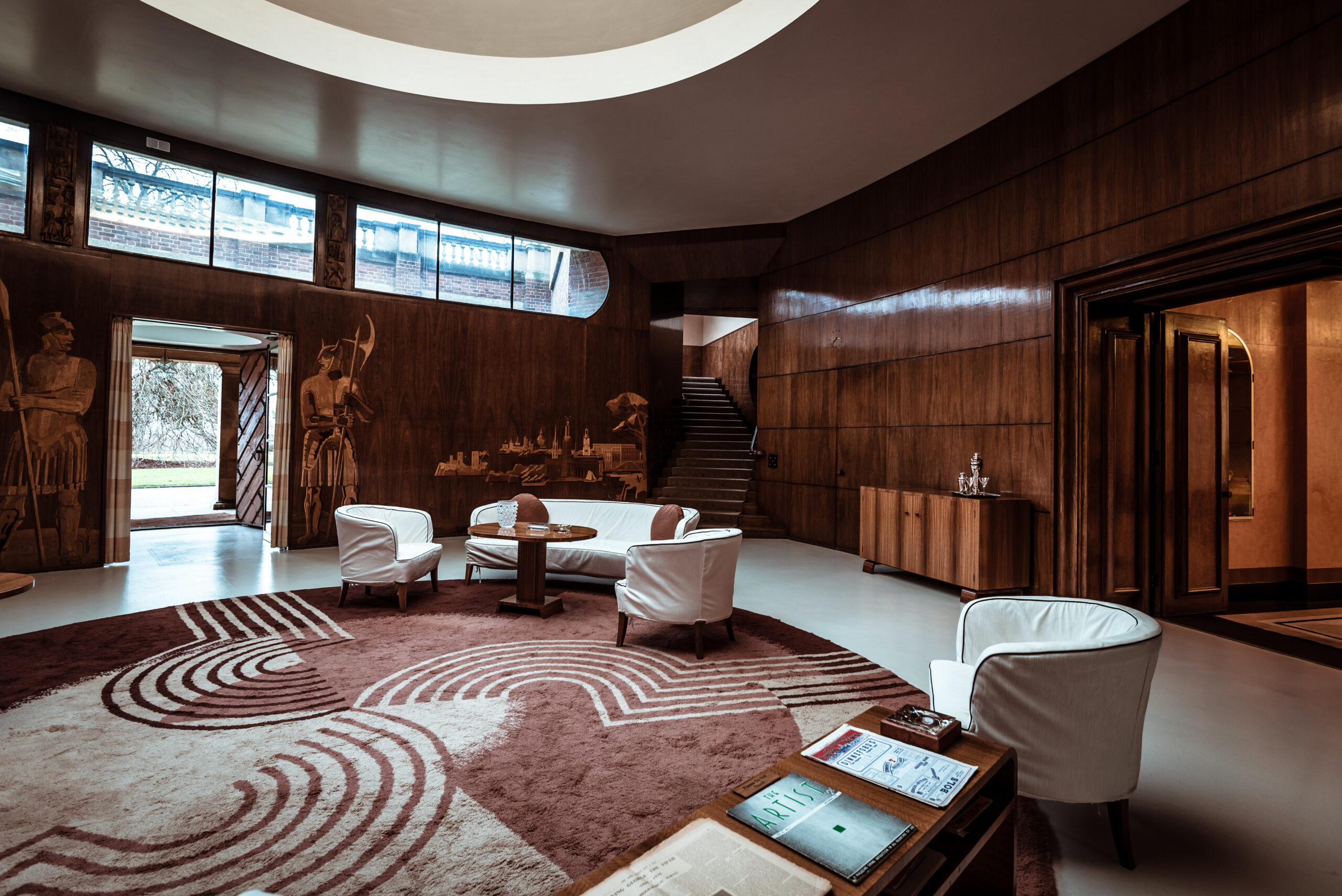With over 400 historical and cultural sites across the country as well as a portfolio that spans the ages, from the mysteries of Stonehenge to the art deco interiors of Eltham Palace, the playground of opportunity for the English Heritage brand to explore through consumer products and licensing is vastly exciting.
Couple all of this with the current spike in demand for cultural IP licensing from consumers the world over, each looking to re-engage with the stories and history channeled through the sector, and it’s an enviable position that the UK licensing agency, Golden Goose finds itself in, representing one of the country’s most revered names in historical and cultural conservation.
Here, Licensing.biz catches up with Golden Goose’s Helen Webster to learn more about the licensing specialist’s plans for the English Heritage brand, and why developing consumer products for a name so rich with history means ensuring that ‘English Heritage is in the licensed products, as well as on the packaging.’

Hello Helen, thanks for talking to us this month. To kick us off, could you give us an overview of the English Heritage brand, its role in maintaining, safeguarding and promoting some of the country’s most historical sites, and the values that the brand brings to the licensing space?
The English Heritage brand is one of the UK’s best known and most respected heritage brands. English Heritage wants people to experience the story of England where it actually happened so their sites and properties offer an imaginative, true to the story, carefully curated experience aimed at inspiring people of all ages. Alongside this, English Heritage works to ensure their sites and properties – which include Stonehenge, Osborne House, Kenwood House and Dover Castle – and the thousands of historic artefacts in their care are conserved and expertly cared for such that they can also be enjoyed by future generations.
As such, the values inherent in the English Heritage brand are authenticity, quality, inspiration, responsibility and fun; all of which are values that will flow through the English Heritage licensing programme and connect with today’s consumers and the way they want to blend history into their lives.
Looking over the English Heritage website and shop, the brand has already made headway in the licensing space. How is Golden Goose leveraging the rich heritage of the brand itself to build on the licensing portfolio?
Also, where do you even begin with building out a programme for such a revered name as English Heritage?
While it is clear from past activity that the English Heritage brand has enormous potential, this is really the first time that licensing is receiving the level of internal focus that it needs to achieve significant scale. Because we are working directly with Kingston Myles who is the Head of Commercial Development, we can leverage all of the EH brand assets, from the trademark to the collections archive right and on to the multi channel commercial operation which includes over 100 retail outlets, 35 café’s and a portfolio of holiday cottages.
Having an expert point of contact with Kingston allows us to target the biggest potential categories and opportunities cohesively. To date we have even been able to start scoping out international markets where the brand has impact, such as South Korea.
“Our approach to licensing English Heritage means ensuring that the English Heritage brand is ‘in’ the licensed products as well as ‘on’ the packaging.”
How has ‘heritage licensing’ changed over recent years, what do consumers expect in terms of brand narrative and story telling in ‘heritage licensing’ today, and how will this be reflected in your approach to licensing English Heritage?
With the lockdowns causing a massive shortfall of visitation and thus creating income gaps for most heritage brands, there are certainly more heritage brands keen to penetrate the market and benefit from quicker wins. Our approach to licensing English Heritage, however, will be to ensure we put in place a long-term strategic licensing programme that is well aligned with the brand’s core values and purpose. This means ensuring that the English Heritage brand is ‘in’ the licensed products as well as ‘on’ the packaging.
English Heritage is not only a well established brand itself, but with over 400 sites across the country, has a portfolio of rich cultural history that spans the ages. The licensing and story telling potential it boasts must be incredibly exciting. What level of creativity does the portfolio afford you?
Thanks to the more than 400 properties that English Heritage manages and maintains there is a rich treasure of design inspiration available; from the art deco interiors of Eltham Palace, the beautiful prints and patterns inside Audley End House and of course the Victorian splendour of Osborne House.
There are many design eras available to inspire licensees however, in addition to being a rich asset bank, English Heritage is very much a living brand so our licensees will not only be able to draw from a wonderful design heritage and use these assets as is for specific product categories but others will also be able to use the asset bank to inform and inspire beautiful, useful products for today’s consumers and today’s preferences for colour, scale and detail.

How can licensing unlock history for new generations?
There is plenty that EH is already doing to appeal to new generations and we see that more as a core attribute of the brand rather than something that could be used purely to create licensed products. However, we are looking into toys, puzzles, dress up and other categories that will bring the brand to life for new generations while also helping them learn about and appreciate the rich seam of history that English Heritage represents.
How has the consumer’s relationship with ‘heritage licensing’ changed in the last 12 months? Has lockdown and the pandemic changed the way in which people want to experience art and culture? How does this influence your licensing strategy?
The market was already seeing a resurgence in the consumer’s interest in all things heritage and the authenticity and quality this can represent but the last year has accelerated this and also positioned “heritage” alongside other accelerating consumer interests in and around sustainability and our environment, where authenticity and quality also play their part. This is very much playing into our licensing strategy.
Further, I think consumers have tuned into online shopping more than ever before which means that they expect the products that they can imagine to be available. This presents opportunities for print/manufacture on-demand licensees, of course, but now that things are opening up again, EH are hoping to see visitors return to sites and their shops.
Hopefully, our English Heritage licensees, where relevant, will be able to tap into any opportunities that arise through the English Heritage stores, too.
“We’re looking into toys, puzzles, and dress up to bring the brand to life for new generations while helping them learn about the rich seam of history that English Heritage represents.”
What categories or licensing partners will be key to you as you build on the English Heritage portfolio? What will the lifestyle, home, and garden licensing spaces span, and how will you look to tell the story of English Heritage through these?
All things home, home décor and garden are key to the English Heritage brand and it’s no surprise that we will shortly be unveiling our first tentpole licensee who will be working across fabrics, wallpapers and home décor internationally.
The rich English Heritage asset bank, the stories behind the patterns and designs in their properties, their fabulous gardens and the credibility of the English Heritage brand itself will be essential ingredients in telling the story of English Heritage through their licensed products.

What can we expect from English Heritage in the licensing space in the coming year and beyond? What’s the next step for you guys in the sector?
You can expect us to deliver high quality, aspirational products that appeal to the discerning consumer who wants a product that delivers on everything heritage stands for in their own homes, whether that be in furniture, fabrics, bedding, fragrance or other lifestyle products.
In addition, you can expect some surprises because, as an agency, we are always looking for ways to move the needle and gain momentum that opens the doors to new product categories and markets.












